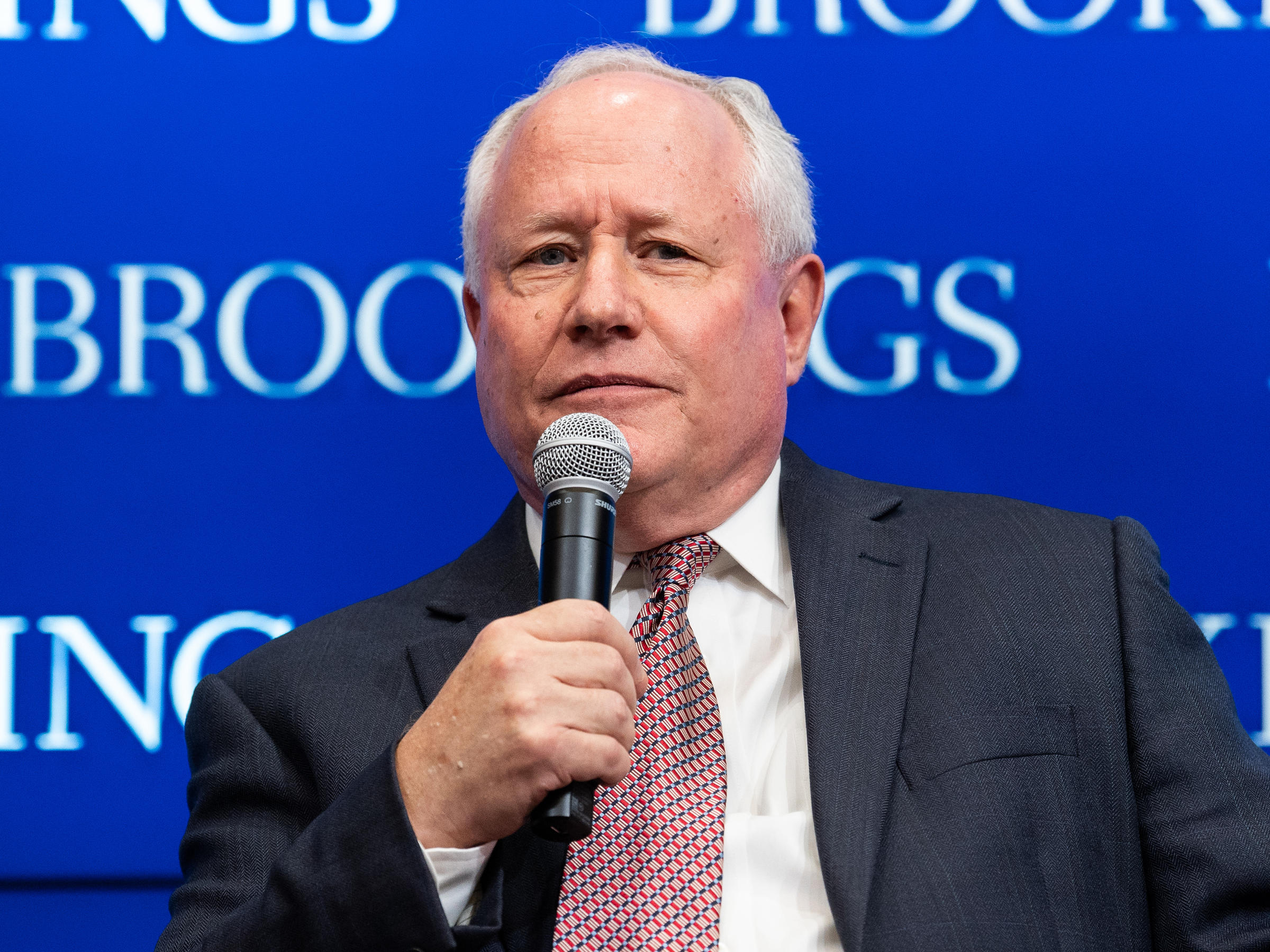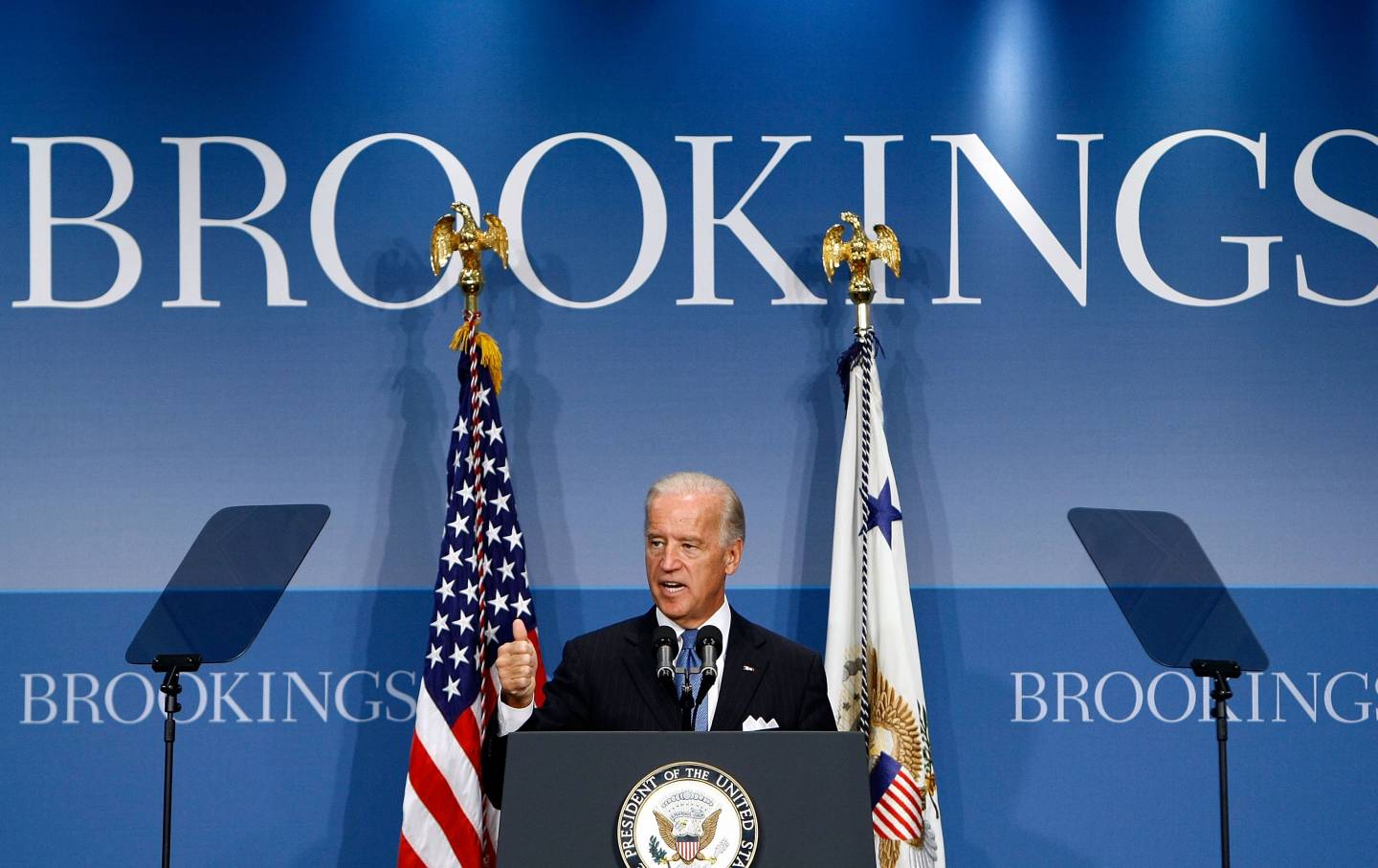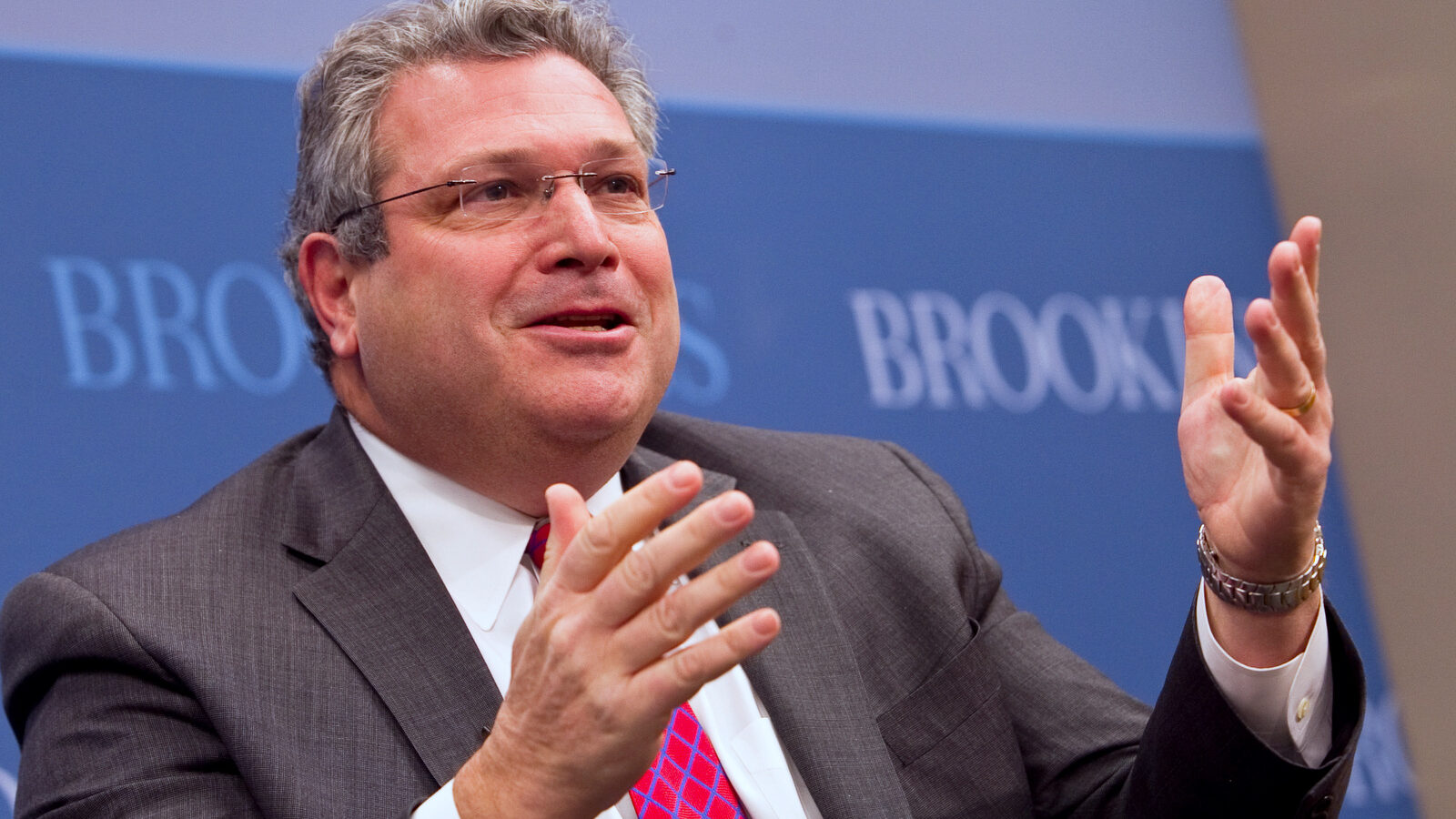Is the influence of think tanks truly shaping the course of global policy? The Brookings Institution, a titan in the world of ideas, stands as a testament to the power of research and analysis in the shaping of our world, wielding significant influence across the political spectrum.
Nestled in the heart of Washington, D.C., The Brookings Institution has been a cornerstone of policy debate since its inception in 1916. It is the nation's first think tank, a space where former politicians, government officials, journalists, and academics come together to dissect complex issues, offering their insights and shaping the narrative surrounding them. With a legacy stretching back over a century, Brookings has evolved and adapted, leaving an indelible mark on American and global politics, demonstrating its significance and longevity in a constantly changing world. The organization is known for its commitment to rigorous research, a cornerstone of its credibility, consistently earning high marks for factual reporting, a crucial element in the often-charged atmosphere of public discourse.
| Name: | The Brookings Institution |
| Founded: | 1916 |
| Location: | Washington, D.C., USA |
| Type: | Think Tank |
| Mission: | To conduct independent research and policy solutions that address the nation's most pressing challenges |
| Areas of Focus: | Economics (and tax policy), metropolitan policy, governance, foreign policy, global economy, and economic development |
| Notable Scholars/Fellows: | Benjamin Wittes (Fellow and Research Director), Mark McClellan, Ron Haskins, Martin Indyk |
| Ideology: | Associated with various ideologies, from liberalism to centrism |
| Funding: | Primarily from philanthropic donations, government grants, and endowment income |
| Influence: | Considered one of the most influential think tanks globally |
| Reference: | Brookings Institution Official Website |
The influence of Brookings is pervasive. Its researchers and scholars provide analysis and recommendations that can impact policymakers, the media, and the public. This is achieved through detailed reports, publications, and consistent engagement in public discussions on a wide array of critical topics. The reach of Brookings extends from national economics and foreign policy to matters of urban development and social justice, illustrating its broad mandate and the diverse nature of its research.
- Neo Matthews Find Him On Facebook More Discover Now
- Justin Diaz Remembering A Life The Impact Of Tragic Loss
The Brookings Institution's commitment to rigorous fact-checking underscores its dedication to providing reliable information. In the competitive landscape of think tanks, where opinions often vary, the institution's emphasis on strong sourcing and a clean fact-check record sets it apart. This is a cornerstone of its influence, providing a foundation of trust in its analysis, which is essential when dealing with complex and often politically sensitive issues. The institution's consistent high ratings for factual reporting are a result of this dedication, making it a respected source for policymakers and the public.
Brookings' historical significance cannot be overstated. Since its establishment, it has been at the forefront of policy debates, offering well-researched viewpoints that have helped shape public discourse. The organization has a record of engaging with various ideologies, moving from liberalism to centrism. Over the years, Brookings has continued to adapt to changing political environments, establishing a track record of analyzing crucial issues such as economics, international relations, and domestic policy. The organizations flexibility has been crucial to its staying power in a rapidly changing world.
Brookings' activities also extend to metropolitan policy, governance, and economic development. It has been at the forefront of analyzing urban development and the challenges faced by cities. This work has offered insight into urban planning, infrastructure investment, and the economic growth of urban areas. Its research into governance has focused on issues like transparency, accountability, and the effectiveness of public institutions. Brookings' initiatives on economic development aim to enhance global economies, promoting fair markets and growth that benefits society as a whole.
- Ryan Lowes Shock Preston Exit The Full Story Whats Next
- Discovering Tyler Sweet From Helix To Headlines Beyond
The presence of Brookings scholars in both Republican and Democratic administrations highlights the organization's ability to engage with different political views. Scholars like Mark McClellan, Ron Haskins, and Martin Indyk have served in government positions, bringing their knowledge and expertise to bear on policy-making processes. This cross-partisan engagement underscores Brookings' commitment to providing unbiased information and analysis that are useful to people across the political spectrum. It's a testament to the institution's commitment to offering well-researched policy solutions regardless of political affiliations.
While Brookings is often celebrated for its influence, it is important to acknowledge the nature of its work. Think tanks are non-profit organizations that conduct research and promote specific public policies. The Brookings Institution is a nonprofit organization located in Washington, D.C., operating independently of any specific government. Its aim is to provide analysis based on data, facts, and research in order to influence policymakers and the public. Brookingss commitment to independent research means that its insights are unbiased by particular political interests.
It is useful to compare Brookings with other prominent think tanks, such as the Heritage Foundation. Founded in 1973, the Heritage Foundation is a research and educational institution with a mission to promote conservative public policies based on the principles of free enterprise, limited government, individual freedom, traditional American values, and a strong national defense. While both Brookings and the Heritage Foundation aim to influence policy debates, they approach these tasks from different points of view. Brookings' broader appeal and its association with diverse ideologies help ensure its continued influence and relevance in the global discussion.
Brookings' impact extends beyond the U.S. borders, with its influence recognized worldwide. When ranking the worlds think tanks according to overall influence and respect, Brookings often emerges as a leader, proving its ability to address global challenges. The institutions international focus spans a number of domains, from global economics and international relations to the promotion of peace. This international presence indicates Brookings' essential role in forming policy, not just in the U.S., but also on the global stage.
A vital element in understanding Brookings is the role of its scholars. Their insights and opinions are presented through reports, studies, and direct participation in public discourse. These specialists play a key part in setting the organization's agenda and in shaping the debates on a wide range of policy concerns. Brookingss research and its scholars play a key role in the evolution of policy discussions, ensuring that the organization continues to have an essential role in shaping global events.
Brookings' financial structure, which is primarily based on philanthropic donations, government grants, and its endowment income, is fundamental to its operational sustainability and independence. This funding model gives Brookings the ability to conduct unbiased research and freely discuss key policy concerns. This diverse funding mechanism safeguards the organization's capacity to deliver objective analysis and encourages trust in its research.
The legacy of Robert Brookings, the industrialist who formed the institution in 1916, sets the stage for the organization's sustained success. His vision to build a non-partisan center for research that can deliver insights has shaped the institutions direction for decades. His foresight to create an independent organization has been a guiding principle in the face of changing political landscapes.
Brookings also acknowledges its association with liberalism and centrism. The organizations ability to involve a wide range of viewpoints and research subjects makes it an important resource for understanding current events. Brookings provides a forum for rigorous discussion that has influenced policy, making it a central player in global discussions.
The influence of organizations like Brookings highlights the importance of independent research. These think tanks contribute to informed decision-making by offering thorough research and unbiased analysis. Through the work of Brookings and other organizations, policymakers, journalists, and the public get the tools they need to understand and deal with the complex challenges of the modern world.
The Brookings Institution is more than a think tank; it is an integral part of the global discourse, influencing the way we think about policy and the challenges that we face. Its commitment to thorough research, its openness to multiple points of view, and its record of influence make it a leader in the world of ideas. As it looks ahead, Brookings remains a key institution shaping the future through its research, analysis, and commitment to an informed and engaged society.
- Exploring Danny Nelson From Nhl Draft To Career More
- Discover Janos Novak Profiles Connections More Latest Info


